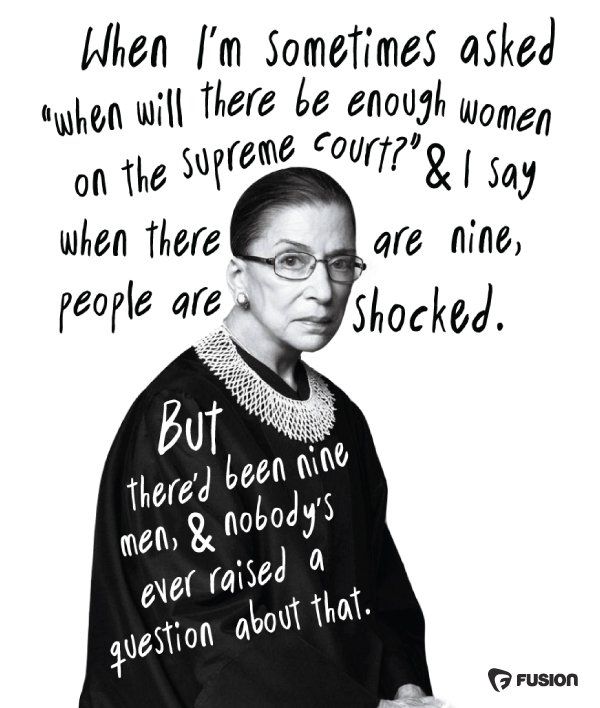
You may have seen that ILLUME is hiring. We are in fact in a phase of pretty rapid growth, adding 5 new staff in the last few months with a few hires yet to come. It has been an exciting time for us, watching our team grow and expand, soaking in the benefits of new talent and new energy into the company.
There is one thing that is bothering me though. Throughout this process, I have frequently heard– sometimes in jest and sometimes in earnest–from colleagues and partner companies is “are you going to hire any men?”
On a personal level, this question takes me aback. First, because this comment seems to overlook the incredible men at ILLUME, who are integral to our team dynamics. But it is truly disheartening because an equitable work environment is so deeply personal and critical to the mission of ILLUME. It is something that motivated the creation of ILLUME. It is something we talk about but it is also something we work at.
However, after the personal recoil I feel, a deeper question lurks, why is this person asking about the gender of our employees? What does the exact ratio of identified male-female gender signal to the person who cracks the joke? The question seems particularly suspect as I don’t think I have ever heard anyone jokingly ask the owner of a more male-dominated company if they were going to hire any women. What drives the discrepancy?
Based on a lifetime of experience, as well as numerous studies, it feels as though there is disbelief that we, a company of mostly women, could possibly be this successful, this good; that we need more men to really “get there”. While I have pushed this thought aside in the past, hoping I was wrong in this perception, a recent story that came out of my son’s soccer club brought me back to this thought again.
My son EJ plays for the Madison 56ers Soccer Club. The club is one of the most competitive in the state, possibly the region. Recently a story came out about one of the teams in the club, the U11 girls (for of you unfamiliar with soccer this would be 10 to 11 year old girls). The news was not about their play or their record, which was amazing, but instead at its core was as about whether or not girls can really be that good. For context, a number of the young women on this team have very short haircuts.

As a result the team has been openly questioned about the gender of the players on the team.They have experienced coaches and parents going so far as to demand birth certificates under the pretense that the team was cheating by sneaking boys onto an all girls team.
While this is shocking at the youth soccer level, this is a reoccurring theme in women’s sports. From Stella Walsh to Ewa Klubokwosky to Duntee Chad to the brutal public shaming of Castor Semenya, talented women have been repeatedly forced to undergo invasive gender scrutiny because of their excellence.

Similarly, in questioning the genders of 10 and 11-year-old youth soccer players, there is an embedded assumption that a team of all girls cannot be that good. That their level of play must be enhanced because they have boys on it. At its core, this is blatant sexism. It is a manifestation of the old girls are not as good as boys mindset. So every time the comment about the number of men or women on our team is made I cannot help but hear the not-so-subtle message that “You are not as good as you could be because girls are not as good as boys”. This message is particularly salient as we reflect on the passing of the brilliant Maryam Mirzakhani this month. Dr. Mirzakhani is the only women ever to win the “Nobel Peace Prize of Mathematics”, the Fields Medal. Early in her life she was pushed away from mathematics. In fact, some teachers deemed her sub-par. It wasn’t until she received mentorship from a strong female role model that she really began to flourish. Even to this day, science and research are seen as innately masculine, despite all evidence to the contrary. This stigma deeply impacts the industry we work in which is why we created the #ilooklike campaign to try to address this as well continue to build up a community with a Women in Energy. While pushing boundaries and creating solidarity is all well and good, the truth is, they are the means, not the end. The true victory is when it is a non-issue.
 When Supreme Court Justice Ruth Bater Ginsberg was asked “So how many women will be enough for the Supreme Court” she batted away the absurd question, responding “When there are nine”. Knee jerk reactions to this response may be claims of “anti-man” or “reverse sexism”, but I believe RGB did something more profound with this response. I believe her answer implies that if there were nine women, it would indicate that we stopped obsessively counting people by their gender.
When Supreme Court Justice Ruth Bater Ginsberg was asked “So how many women will be enough for the Supreme Court” she batted away the absurd question, responding “When there are nine”. Knee jerk reactions to this response may be claims of “anti-man” or “reverse sexism”, but I believe RGB did something more profound with this response. I believe her answer implies that if there were nine women, it would indicate that we stopped obsessively counting people by their gender.
True equality is better for both genders because it allows all people greater freedom to be their individual self. And, as a business owner, I can’t ignore compelling research that shows working environments that have greater gender equality increase performance. Equality, it turns out, is good for the bottom line.
So let’s clear this up once and for all. We hire the best candidate for the job period. ILLUME’s success comes first and foremost, we will hire the person who can us bring that. In fact, we have several jobs open and I welcome everyone and all of you to apply.
